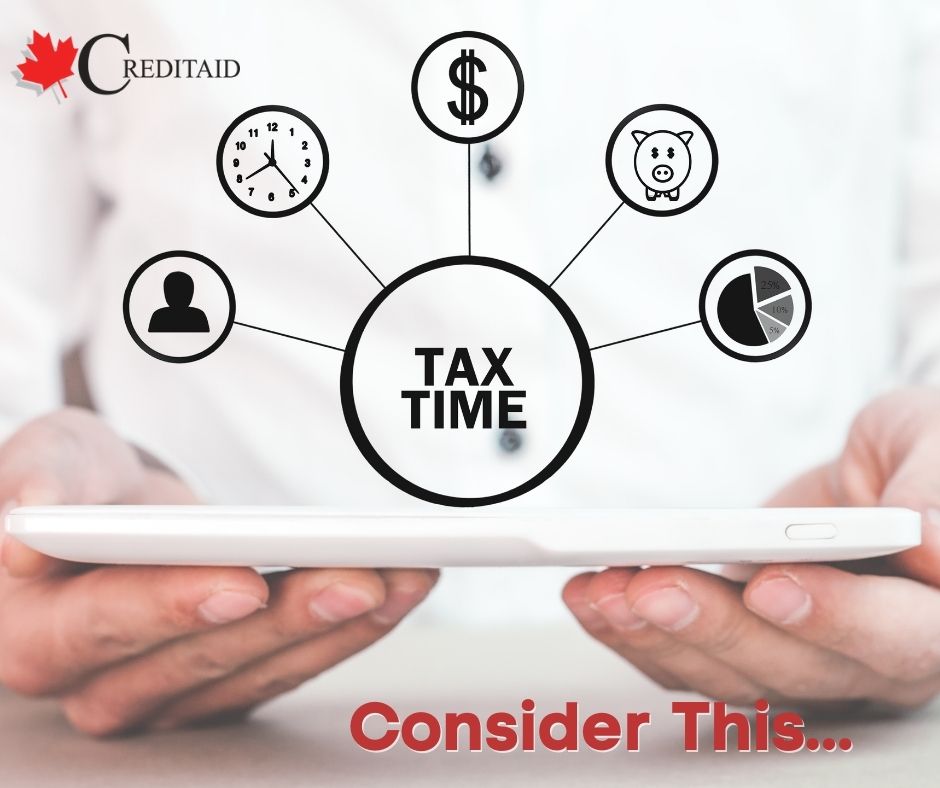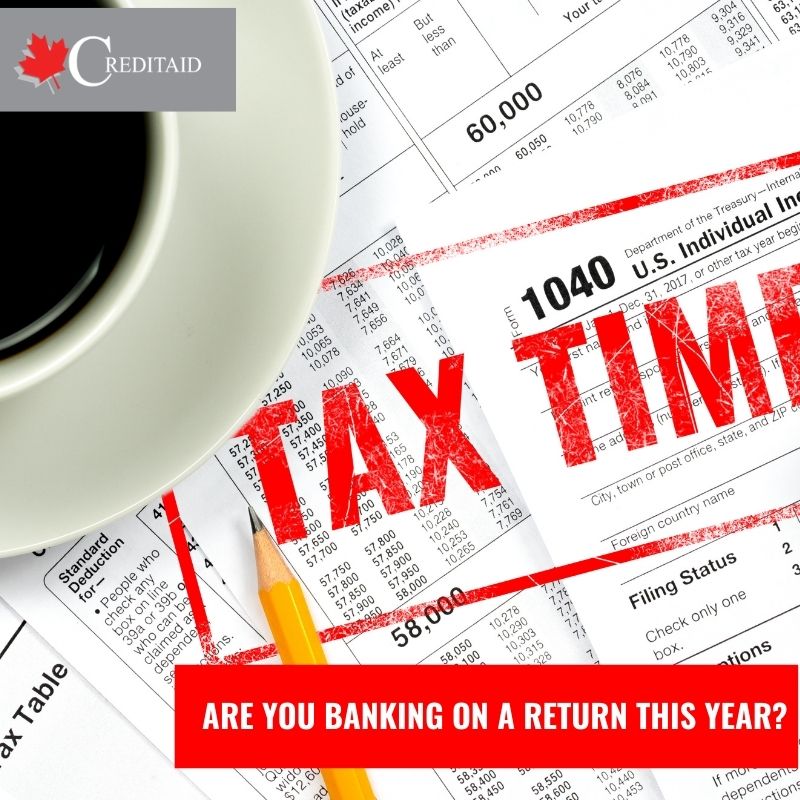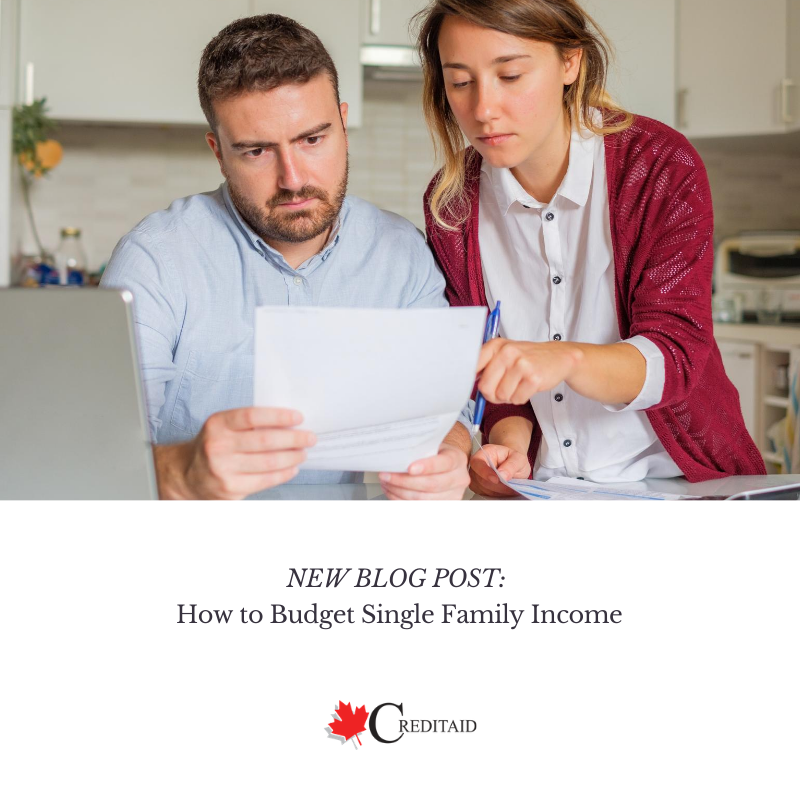Many Canadian workers have missed work and pay due to COVID-19 can now apply for three new benefits from the Canadian Government.
Families and individuals who are facing financial difficulty can now get support through the following benefits that are available through Canada Revenue Agency (CRA):
- Canada Recovery Sickness Benefit (CRSB)
- Canada Recovery Caregiving Benefit (CRCB).
- Canada Recovery Benefit (CRB)
Applications for CRSB, CRCB, and CRB applications are now open.
Canada Recovery Sickness Benefit (CRSB)
Workers who are sick or must self-isolate for COVID-19-related reasons, or have underlying conditions that make them more susceptible to COVID-19 can apply for CRSB.
If you are eligible for the CRSB, you can receive $500 ($450 after taxes withheld) for each 1-week period. Check your eligibility here – https://www.canada.ca/en/revenue-agency/services/benefits/recovery-sickness-benefit/crsb-who-apply.html
Canada Recovery Caregiver Benefit (CRCB)
Caregivers who need to care for a child(ren) under 12 years old who is affected by the illness or if their school, regular program, or facility is closed or unavailable due to COVID-19 is eligible for CRB. This also applies to other family members requiring supervised care, who cannot attend regular care facilities because of COVID-19, can apply for CRSB.
If you’re eligible for the CRCB, your household can receive $500 ($450 after taxes withheld) for each 1-week period. Check eligibility here Read more here https://www.canada.ca/en/revenue-agency/services/benefits/recovery-caregiving-benefit.html
Canada Recovery Benefit (CRB)
There is also assistance for self-employed workers who are not eligible for Employment Insurance (EI) and still require income support. These workers must be available and looking for work and accept work when it is reasonable to do so.
If you are eligible for the CRB, you can receive $1,000 ($900 after taxes withheld) for a 2-week period. Check eligibility here https://www.canada.ca/en/revenue-agency/services/benefits/recovery-benefit.html
Canadians can apply for these benefits online through CRA’s My Account or call 1-800-959-8281.
Continue reading “Have you heard about Government of Canada’s New COVID-19 Benefits”





